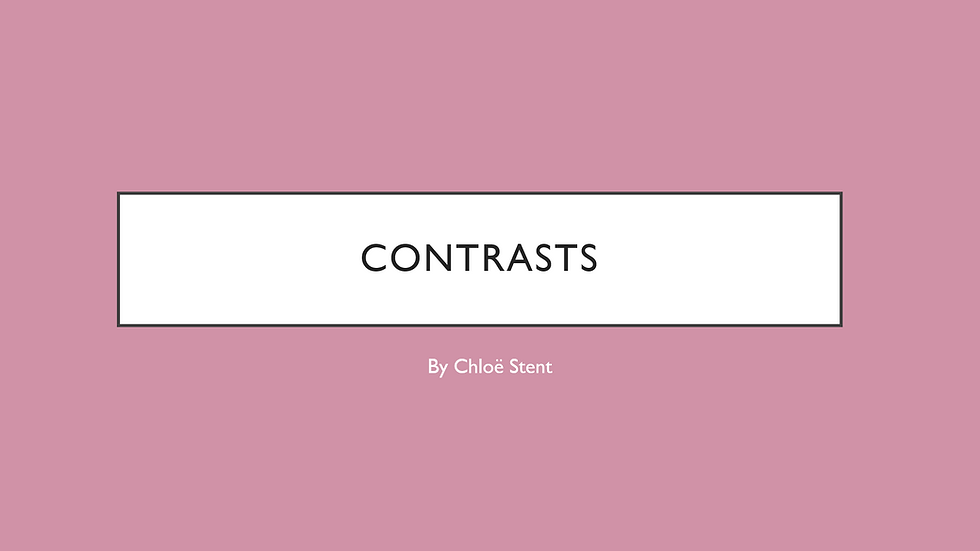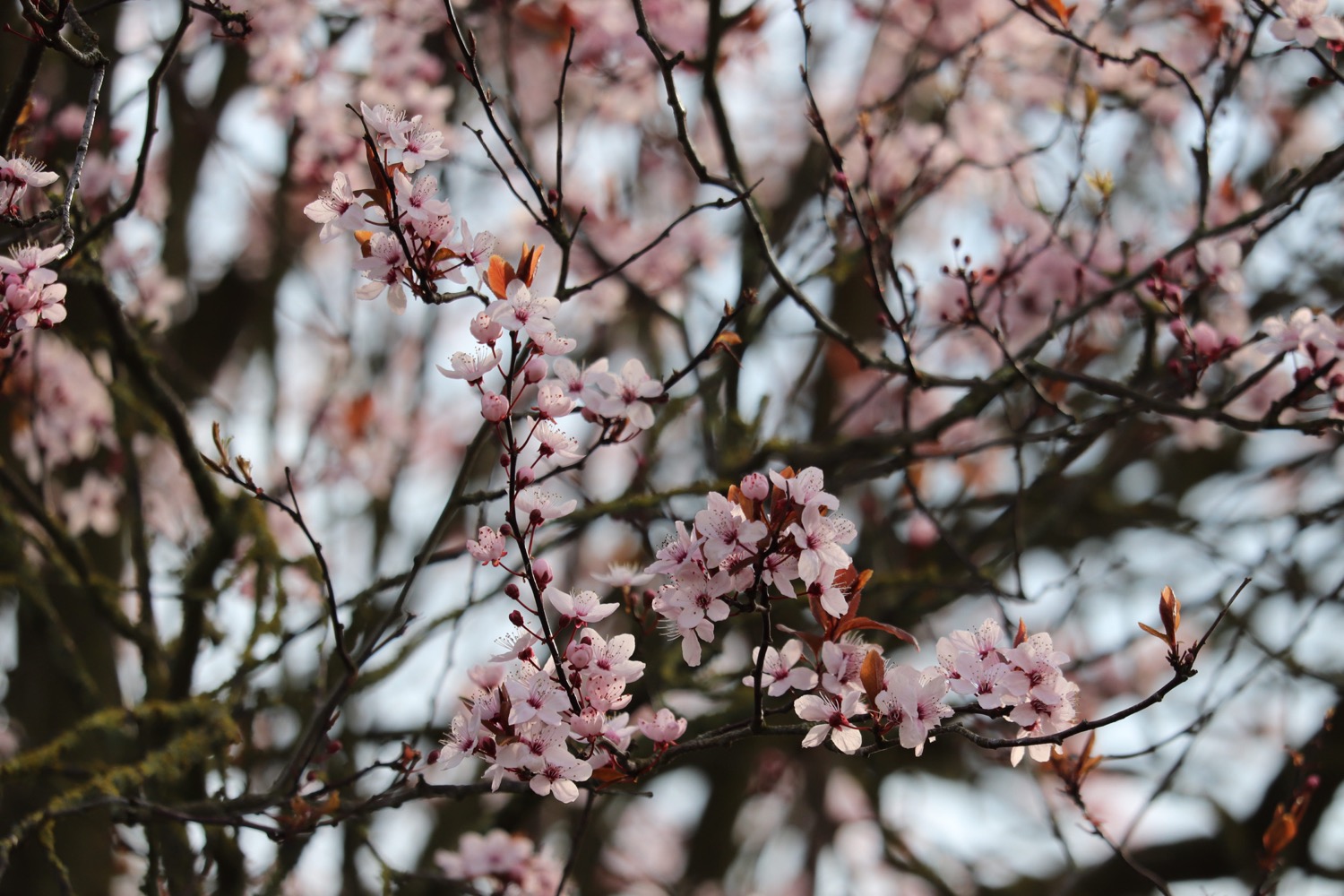Technique's Research
- Chloë Stent
- May 3, 2022
- 3 min read
Updated: May 22, 2022

The art of Chiaroscuro refers to the intense contrasting between light (chiar) and dark (oscuro) in images and paintings, however is can also be seen as (clair obscur) or 'extreme low key'.
Portraiture is the main setting for chiaroscuro however still life imaging and landscapes are also used for this technique. This technique is used by many to create a three dimensional effect whilst the image is two dimensional. It has been developed by Leonardo Davinci, Cara Vaggio, Vermeer and Rembrandt.
It has a huge significance towards the renaissance art movement however it is well renowned for its role in defining the film noir sub-genre of movies today using low key photography.
I am really interested in this technique because it adds depth to shoots and also a vast amount of contrast using lighting in opposing sequencing.
The classic method for creating shoots with chiaroscuro is to light only half of the models face which then creates the effect of the models other half falling into darkness.

Manipulation of light sources
Can increase the viewers deception of the amount of depth
Creates drama
Separates the subject from the scene around them
Increases focus on the subject



Remo traits are images typically shot through face time however they can also be shot through various objects
Nick Fancher was. photographer who shot images over facetime and then added water ripples to it by shooting a print of his original image under water
Remote Locations

One of the oldest types of photographic printing there is
Its shade of cyan blue gives its distinctive features due to the exposure of ultraviolet light
Originally used in architecture and engineering to reproduce drawings/ blueprints
It was used in photography mainly for its affordability
First introduced by the astronaut scientist John Herschel in 1842
Anna Atkins became the first known photographer to use the process in 1843
Herschel's most influencial contribution to photography, engineering and architecture was the cyanotype
Its affordability and stability made it a favourable choice for reproduction and preservation of many work.



Traditional darkroom technique
In recent years has fallen out of favour
In french the term Bas Relief means low Relief
Created by combining a positive with a negative of the same image and then placing that on top of light sensitive paper and exposing it with light to get the print of the negative and the positive together


Images/ prints created by poking tiny holes into opaque sheet/card and covering light sensitive paper with it and using the suns light or another light source to shine light through those holes making the light develop onto the paper causing a shape or outline of the holes to be shown on the paper
Can create different shapes onto paper such as silhouettes or even just outlines
Makes it look like someone has dyed the paper


David Baileys 'Box Of Pin Ups' contains some of the most famous and recognisable faces from the 1960's
some of the most collectible photo books/collections
memorable images
Saw change in the cultural and political driven decade leading photographers to the cult of capturing celebrities but also demanding answers for major problems such and the Vietnamese war


Tonal contrasting presents the differences in an image between the tones or the brightness in the elements of the image itself, this technique can be used on colour and black and white, in order to keep composition simple you can use tonal contrast to highlight an image if it is coloured but if it is black and white this technique can be used to give the image more definition.
















Comments